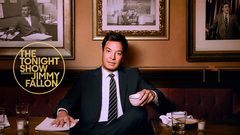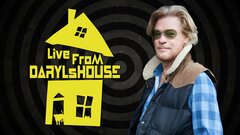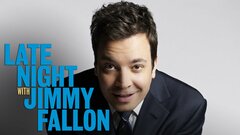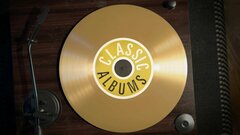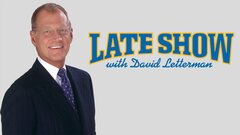Todd Rundgren is one of rock's eternal mavericks and cult figures. Born in Philadelphia, he absorbed a variety of music growing up and was particularly fond of the Beatles, Philadelphia soul, and Gilbert & Sullivan - all three of which would inform his work in the future. After a couple of garage outfits, he formed his first major band Nazz in 1967.
Setting a pattern for Rundgren's career, they got more insider praise than commercial success. The Nazz were best known for a double A-sided single, "Open My Eyes"/"Hello It's Me" - the first a Who-sounding rocker, the second a soul ballad that he'd later recut with more success. As the '60s ended, Rundgren signed with influential manager Albert Grossman who built his Bearsville label around him, promoting Rundgren as a multi-talented whiz kid. He began a prolific career as a record producer-early landmarks included the Band's Stage Fright, Badfinger's Straight Up (on which he took over for George Harrison), and the first sessions for Janis Joplin's Pearl.
Meanwhile he launched his solo career - first under the band name Runt, then as a soloist who could play every instrument. The 1972 double album Something/Anything? had a wealth of finely crafted pop songs, with Rundgren playing everything on three sides (the fourth including the hit, live-in-studio remake of "Hello It's Me"). Setting another career pattern, he followed this much-admired album with a major departure: 1973's A Wizard/A True Star was a kaleidoscopic mind-trip with many short songs in a 55-minute collage.
Soon afterward he formed Utopia, initially a high-chops progressive band (with Rundgren on lead guitar) that played like a pop version of the Mahavishnu Orchestra. His studio concepts got more ambitious; 1975's Initiation, largely about his discovery of Eastern spirituality, was at 68 minutes one of the longest single LPs of all time. He continued his production career, producing a punk landmark in the New York Dolls' debut, a mainstream hit in Grand Funk's We're an American Band, and a commercial blockbuster in Meat Loaf's Bat Out of Hell (which he also financed, its profits subsidizing many of his future projects). Utopia gradually became more of a pop-oriented group and had the occasional hit, notably 1979's "Set Me Free" (written and sung by bassist Kasim Sulton).
He also embraced technology like few others, as one of the first rockers to explore video and to direct his own clips, and later to invest in computer technology. Not all of his concepts caught on: In 1993 he became convinced that interactive music was the future, and made an album, No World Order, that could play thousands of different ways on a Mac computer. He also briefly sang in a failed relaunch of The Cars without leader Ric Ocasek and wrote the music for an off-Broadway show, Up Against It. Through it all Rundgren continued with productions (XTC's Skylarking was a creative peak, despite his tense relationship with that band) and continued with solo albums after Utopia's breakup in 1986.
In 2018 he turned 70 with no signs of slowing down, he then toured with both a career retrospective and an all-star Beatles tribute.




